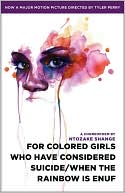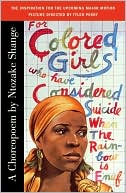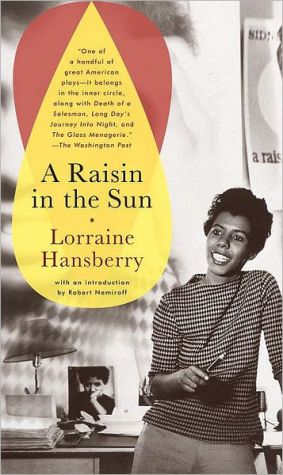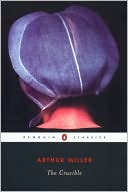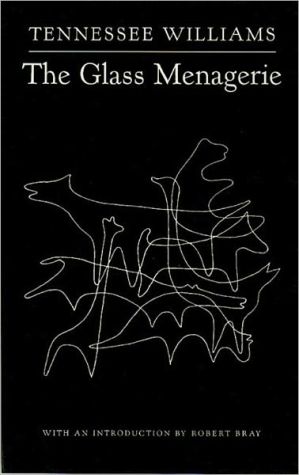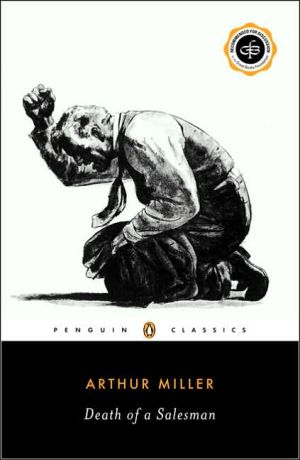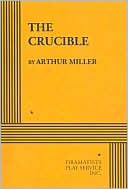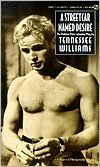Proof: A Play
Proof is the winner of the 2001 Pulitzer Prize for Drama.\ One of the most acclaimed plays of the 1999-2000 season, Proof is a work that explores the unknowability of love as much as it does the mysteries of science.\ It focuses on Catherine, a young woman who has spent years caring for her father, Robert, a brilliant mathematician in his youth who was later unable to function without her help. His death has brought into her midst both her sister, Claire, who wants to take Catherine back to...
Search in google:
Winner of the Pulitzer Prize One of the most acclaimed plays of the 1999-2000 season, Proof is a work that explores the unknowability of love as much as it does the mysteries of science.It focuses on Catherine, a young woman who has spent years caring for her father, Robert, a brilliant mathematician in his youth who was later unable to function without her help. His death has brought into her midst both her sister, Claire, who wants to take Catherine back to New York with her, and Hal, a former student of Catherine's father who hopes to find some hint of Robert's genius among his incoherent scribblings. The passion that Hal feels for math both moves and angers Catherine, who, in her exhaustion, is torn between missing her father and resenting the great sacrifices she made for him. For Catherine has inherited at least a part of her father's brilliance — and perhaps some of his instability as well. As she and Hal become attracted to each other, they push at the edges of each other's knowledge, considering not only the unpredictability of genius but also the human instinct toward love and trust.Library JournalAfter the death of her mathematical genius father, Catherine, who gave up her own study of mathematics to tend to him, claims that she is the author of a mathematical proof found in the attic among his unpublished, mostly incoherent notebooks by Hal, one of his former students. But what "proof" does Catherine have that she, and not her father, is the author? Her older sister, home to attend the funeral, doubts her claim and, in fact, doubts Catherine's own sanity. Hal, who has professional ambitions of his own, isn't exactly disinterested and may not be trustworthy; his sleeping with Catherine has also complicated the issue. The elusiveness of genius in general and the difficulty of a mathematical proof in particular here become metaphors for the uncertainties of love, trust, and personal integrity. This wonderful play has already won the Kesselring Prize for Auburn, also a recipient of a Guggenheim Fellowship. Proof's deft dialog, its careful structure, and the humanity of the central characters are themselves proof of a major new talent in the American theater. Strongly recommended for all drama collections. Robert W. Melton, Univ. of Kansas Libs., Lawrence Copyright 2001 Cahners Business Information.
\ From the Publisher"Proof . . . a play about scientists whose science matter less than their humanity . . . All four [characters]—whether loving, hating, encouraging or impeding one another—are intensely alive, complex, funny human." —John Simon, New York\ "An exhilarating and assured new play . . . accessible and compelling as a detective story." —Bruce Weber, The New York Times\ "Auburn has taken on some biggies here; what the link may be between genius and mental instability, why it is that lives get stuck, and how elusive the truth can be . . . [Proof's] level of accomplishment and the realness of its characters show that Auburn has both depth and a voice." —The New Yorker\ \ \ \ \ \ Library JournalAfter the death of her mathematical genius father, Catherine, who gave up her own study of mathematics to tend to him, claims that she is the author of a mathematical proof found in the attic among his unpublished, mostly incoherent notebooks by Hal, one of his former students. But what "proof" does Catherine have that she, and not her father, is the author? Her older sister, home to attend the funeral, doubts her claim and, in fact, doubts Catherine's own sanity. Hal, who has professional ambitions of his own, isn't exactly disinterested and may not be trustworthy; his sleeping with Catherine has also complicated the issue. The elusiveness of genius in general and the difficulty of a mathematical proof in particular here become metaphors for the uncertainties of love, trust, and personal integrity. This wonderful play has already won the Kesselring Prize for Auburn, also a recipient of a Guggenheim Fellowship. Proof's deft dialog, its careful structure, and the humanity of the central characters are themselves proof of a major new talent in the American theater. Strongly recommended for all drama collections. Robert W. Melton, Univ. of Kansas Libs., Lawrence Copyright 2001 Cahners Business Information.\ \ \ School Library JournalAdult/High School-Twenty-five-year-old Catherine, who sacrificed college to care for her mentally ill father (once a brilliant, much-admired mathematician), is left in a kind of limbo after his death. Socially awkward and a bit of a shut-in, she is gruff with Hal, a former student who shows up even before the funeral wanting to root through the countless notebooks her father kept in the years of his decline, hoping to find mathematical gold. On the heels of his arrival comes Claire, Catherine's cosmopolitan, blandly successful, and pushy sister, with plans to sell their father's house and take Catherine (whom she's convinced has inherited a touch of their father's illness) with her back to New York. Catherine does not want to leave, and things become more complicated as she and Hal tentatively begin to develop a relationship. She gives him the key to a drawer in her father's desk, where the "gold" waits-in the form of a notebook filled with the most original and astonishing mathematical proof Hal has seen in years. Thrilled, he wants to take immediate steps to have the proof published in her father's name, until Catherine shocks both him and Claire by declaring that she is its author. Hal's harsh incredulity pushes Catherine into an indifferent funk, sorely disappointed by the insult of having to prove her honesty to a friend she had trusted. There is much to appeal to YAs in this Pulitzer Prize- and Tony Award-winning play, which crackles with subtle wit while tackling large questions.-Emily Lloyd, Fairfax County Public Library, VA Copyright 2001 Cahners Business Information.\ \

